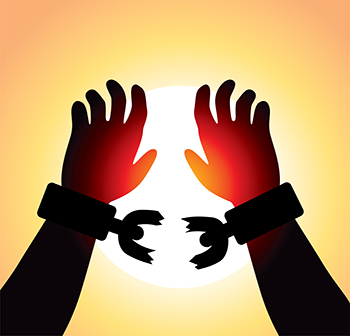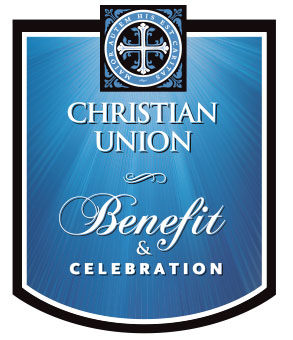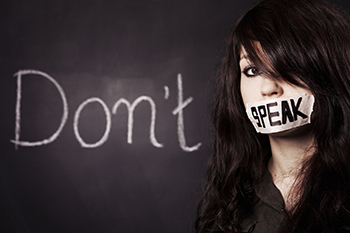 In recent decades, American culture has so fetishized autonomy as a moral good that the once-beneficial idea, taken to excess, is now harming individuals and threatens to tear apart the fabric of society itself. Devotees of radical autonomy assert that individuals can define the relationships they have with others on their own terms, and cast aside traditional definitions of friendship, marriage, or parenthood.
In recent decades, American culture has so fetishized autonomy as a moral good that the once-beneficial idea, taken to excess, is now harming individuals and threatens to tear apart the fabric of society itself. Devotees of radical autonomy assert that individuals can define the relationships they have with others on their own terms, and cast aside traditional definitions of friendship, marriage, or parenthood.
It takes to extremes the idea that people should be free to enter and exit relationships as it accommodates them or their desires. An article entitled Why Autonomy Cannot Explain Marriage and Family Life summarizes the issues and disturbing consequences of this modern mindset:
Autonomy seems to reflect the traditional American idea that human beings are created equal and free… truly autonomous choices must, on an ever more radical understanding, be made without the influences imposed by habits, education, social pressure, legal pressure, cultural expectations, our sex or bodies, or any other external demand. Purely autonomous choices spring from an individual’s will alone. For its advocates, autonomy means a future with transcendent possibilities, affording individuals a chance to make themselves what they alone, for whatever reason, want themselves to be.
Proponents of this type of autonomy may speak of redefining marriage and family to be more inclusive, but their paradigm of unconstrained choice undermines the essential meaning of both. It disconnects actions and consequences, advertising freedom from the constraints of relationships, without dictating the losses. In brushing aside the dependence necessary to real relationships, it pulls out from under society the foundations on which it was built.
Autonomy emphasizes human independence, while marriage and family life necessarily involve dependence. Autonomy emphasizes freedom from constraints, while marriage and family life show us that human beings can never be entirely free: we are born to and require care from our parents, we give birth to and must care for our children, and we depend on other people for some of the greatest satisfactions in life. Autonomy as contemporary liberals understand it seems inconsistent with the human condition and with a whole host of human goods.
As human beings, we deeply need the mutual dependence experienced in marriage and family. The limitations these place upon us, the challenges these present us, mold us into something better than we can ever hope to be alone:
Intense, focused, sacrificial love, with all of its highs and lows, its sufferings and untold joys, the love of those who are one’s own—all of these are central to the human experience. Learning to deal with them magnanimously, philosophically, and charitably is central to a life of character and wisdom. The idea of autonomy does not capture the webs into which we are born, our experiences of deep neediness and equally deep love, our embodied nature, our reaction to tragedies and unforeseen obstacles, or our response to our children once they arrive. Autonomy resists the dependence at the heart of loving relationships.
In the end, we must come face-to-face with the fact that absolute freedom will not bring about the depth of relationships we most deeply need. A world liberated from relational demands and commitments may sound appealing, but it would be devastating. In refusing to face the difficulties with which relationships come, we give up ever knowing true love.



